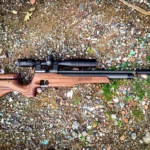300 Blackout Ammo has a lot going for it, right up to the point at which you try to take advantage of its subsonic prowess for tasks other than punching paper. Common subsonic loads, even if tipped with a fragile match bullet such as the ubiquitous 220-grain Sierra Matchking, plow 0.30-inch diameter holes straight through fleshy targets and keep on truckin’ right into the next inconveniently located piece of real estate.
We’ve tried bullets that in other applications are positively explosive. Hornady’s 208-grain A-Max, for example, fragments violently when shoved out the muzzle at even .308 Win velocities, but from a Blackout you might as well be using a DeWalt. Getting a .30-cal to expand reliably at around 1,000 feet per second requires a specialized projectile, and they’re not exactly inexpensive.
Being cheap bastards, in times past we experimented by cutting back the jacket tip on an SMK and then boring out the meplat, thinking that this would be enough to induce expansion. Great theory, sucks in practice. Gel testing confirmed that it performs no better than an unaltered bullet, so why waste the effort? Cutting to the chase, we rounded up a small selection of expanding subs.
Note there are a few more companies who offer bullets for you to roll your own (Cutting Edge, for example), but as work has displaced gentle-paced pursuits like reloading, we’d often rather pay in money than time.
If you decide that a subsonic 300 Blackout Ammo fills your requirements for a stealthy hog slayer, or you’ve settled on that caliber for home defense duties, then you might want to avail yourself of our buyer’s guide below.
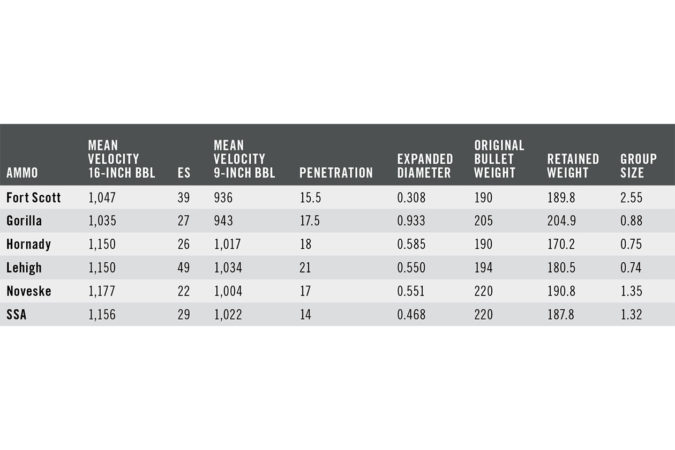
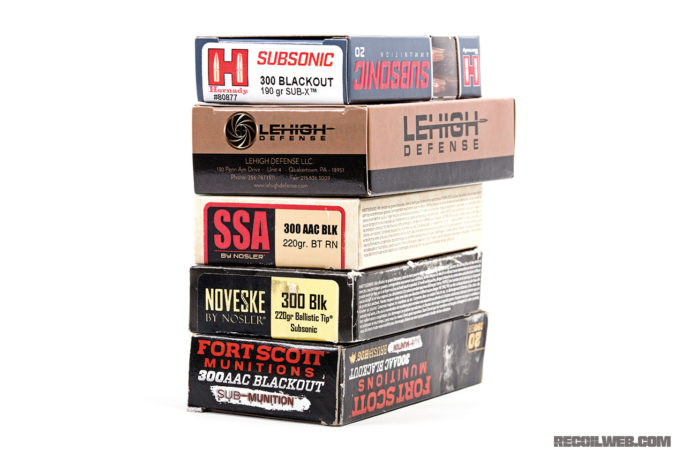
Table of Contents
300 Blackout Ammo Testing Protocol
All loads were tested for velocity using both 16- and 9-inch barreled weapons. A Remington 700, equipped with a Nightforce ATACR 4-16×42 and SilencerCo Omega was employed as our longer rifle, and it was this combo that we also used for accuracy and gel testing. Five-shot groups were shot at 50, rather than 100, yards as we felt this was a realistic distance for subsonic use. The shorty gun was our budget hog hammer — a franken AR built on a Gibbz side charging upper and equipped with a Maxim Defense PDW pistol brace. Note that all loads except the Fort Scott and Gorilla offerings were supersonic from the 16-inch barrel.
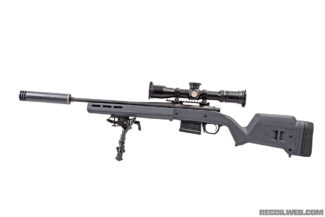
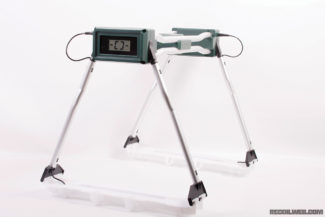
Velocity readings were taken using a Caldwell G2 chronograph, which has the useful ability to store data on your phone via Bluetooth. Chrono was set up 10 feet from the muzzle, ambient temp was 69 degrees at 2,100 feet elevation, and gel testing was performed using two, 16-inch Clear Ballistics gel blocks, placed end to end.
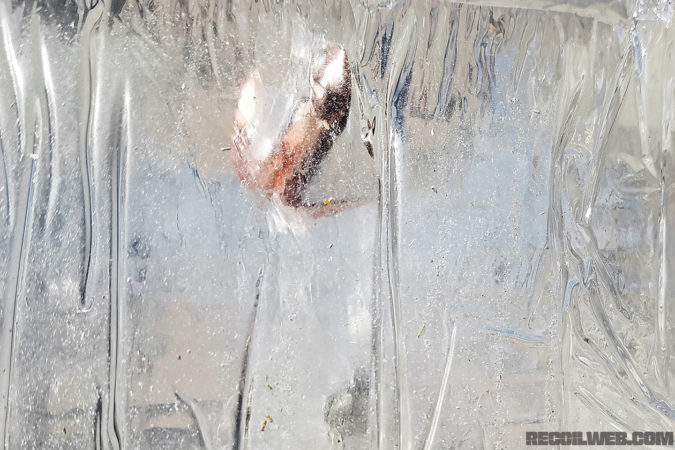
Fort Scott 190-grain SCS Brush Hog
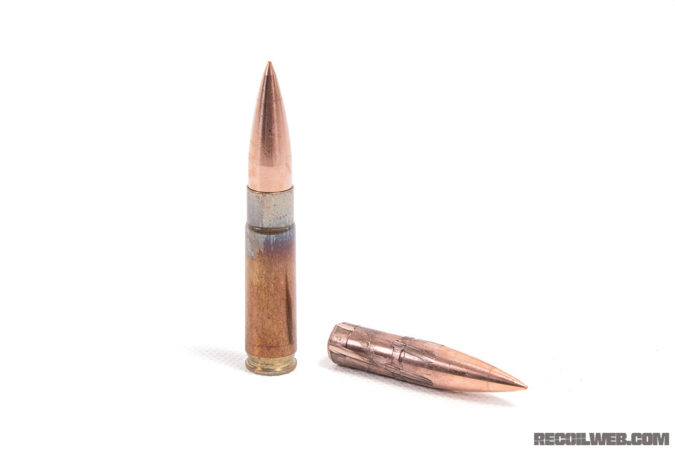
Ever heard of these guys? Neither had we, until we walked into a gun store near San Antonio, Texas, where the counter jockeys assured us they were well regarded by local hog hunters. Intrigued, we bought a couple of boxes for testing. Unlike the rest of the projectiles in this test, these are non-expanding, relying for their wounding abilities on becoming unstable in media more dense than air. Gasp! The fabled M16 tumbling bullet!
Despite a healthy dose of skepticism, they turned in a decent performance, coming to rest after 180 degrees of flippage and 15.5 inches of penetration in bare gel, with the bullet’s base just barely under the back end of the block. Fort Scott seems to be using a set of dies that diverges from industry norms, which resulted in a misfire rate of around 50 percent in our bolt gun — the only sample to do so. On examining the case shoulder (which, in 300 Blackout, is even less significant than Chuck Schumer’s dick) it would appear that it’s both steeper and shorter than competitive brands, allowing the case just enough room to shift forward under firing pin impact. It ran fine in our AR, though.
Gorilla Ammo 205-Grain Silverback
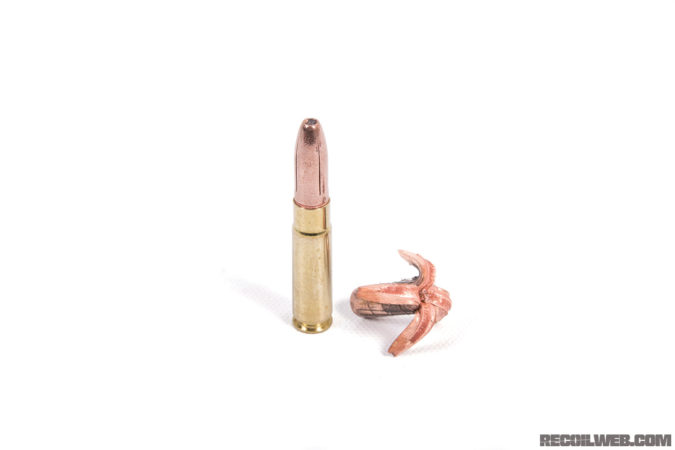
Gorilla’s monolithic projectile features a gaping hollow point, which initiates pretty healthy expansion after about 3 inches of penetration in gel. One of the two loads achieving subsonic velocities from our 16-inch bolt gun, it’s mouse-fart quiet even in longer barrels. Not only did it retain all its weight after impact, but petals on the copper bullet remained sharp enough to nick careless fingers when pulling it from the gel block. Accuracy was plenty good for dispatching critters at subsonic ranges.
Hornady 190-grain Sub-X
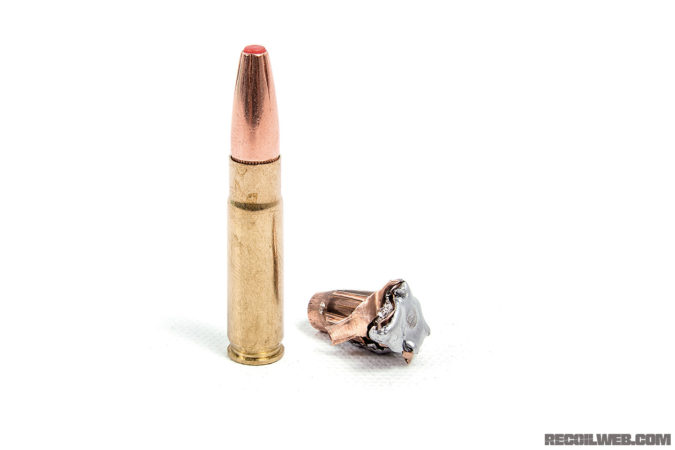
Announced in December 2017 and released for sale three months later, Hornady added an expanding subsonic bullet to its existing five 300 Blackout ammo offerings. Built to their usual standards, the bullet features a red polymer tip to initiate expansion, a detail no doubt familiar to users of their Critical Duty line of pistol ammo. In our test rifle, it proved to be an accurate and consistent performer, and if a lone flyer were discounted, would’ve turned in a 0.36-inch group. Of the conventional jacket-and-core projectiles in this test, it was the only one not to separate. Note, however, that some polymer mags may have problems in presenting the blunt tip high enough to make it up the feed ramp in your favorite semi auto. Either use regular old GI versions or Magpul’s 300 BLK-specific offering.
hornady.com
Lehigh Defense 194-Grain Maximum Expansion
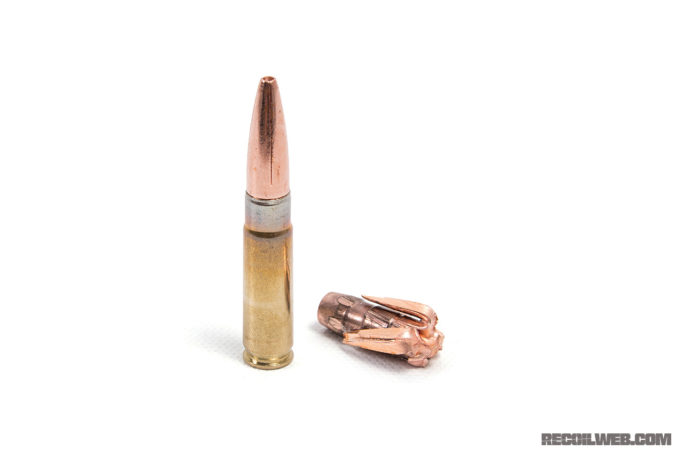
Lehigh’s wicked-looking solid copper bullets turned in an admirable performance, expanding as advertised and growing sharp, symmetrical talons when shot into gel. When dug out, they showed evidence that the fast twist barrels of our test guns would’ve caused additional tissue damage, as they screwed their way through the medium — in this case making three complete revolutions before coming to rest after shedding a petal. Those wanting additional penetration should consider Lehigh’s loading; it exceeds the FBI protocol, but if you encounter bigger hogs it affords a margin of safety on quartering shots.
Noveske / Nosler 220-Grain Ballistic Tip
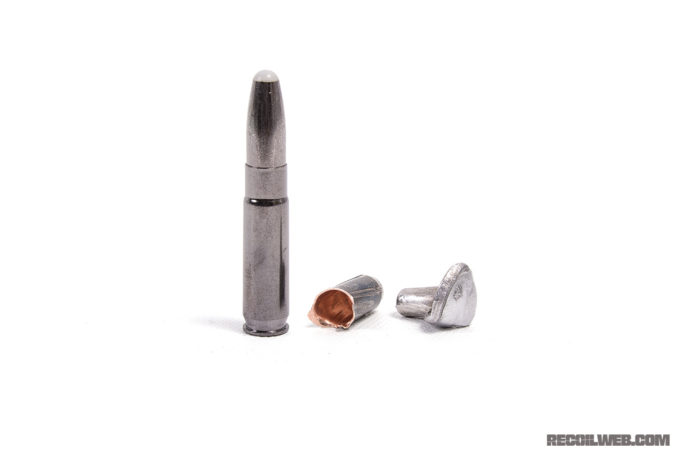
Averaging 20-fps faster than the otherwise similar SSA load, this collaboration between two of Oregon’s most respected gun companies is unmistakable with its ominously dark finish. Accuracy was good enough for the task at hand, and the bullet core achieved 17 inches of penetration, after parting company with the remaining jacket around the 15-inch mark. About 30-grains worth of ballistic payload was shed in total, leaving a smoky-looking trail through our gel block as it threw off particles of lead and copper.
SSA 220-grain Ballistic Tip
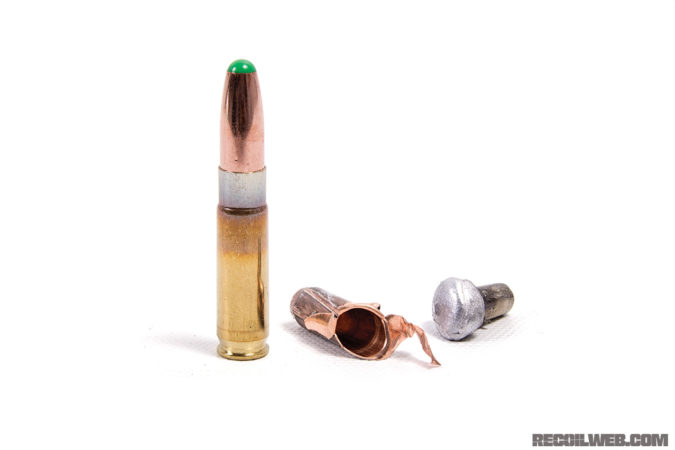
Silver State Ammo was acquired by Nosler in 2013, and we suspect that both this load and the Noveske/Nosler above use the same bullet, with a different polymer tip and coating. Group size was almost identical to the Nosler load, and both bullets separated from their remaining jackets after 12 to 14 inches of penetration in bare gel. As this meets the FBI requirements, we don’t see this as a negative for defensive use, because both resulting fragments penetrate sufficiently to reach vital organs.
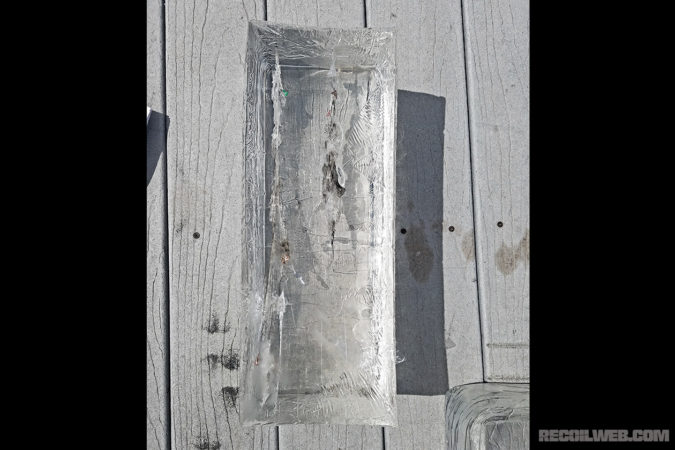
Photos by Kenda Lenseigne
More on 300 Blackout
- The Curious Origin Story of 300 Blackout
- New in 2021: Magpul’s 300 Blackout 20-round PMags.
- Radical Firearms Integrally Suppressed 300 Blackout SBR at SOFIC.
- 300 Blackout Buyer’s Guide.
- 300 Blackout vs 556: More than a Matter of Distance.







































